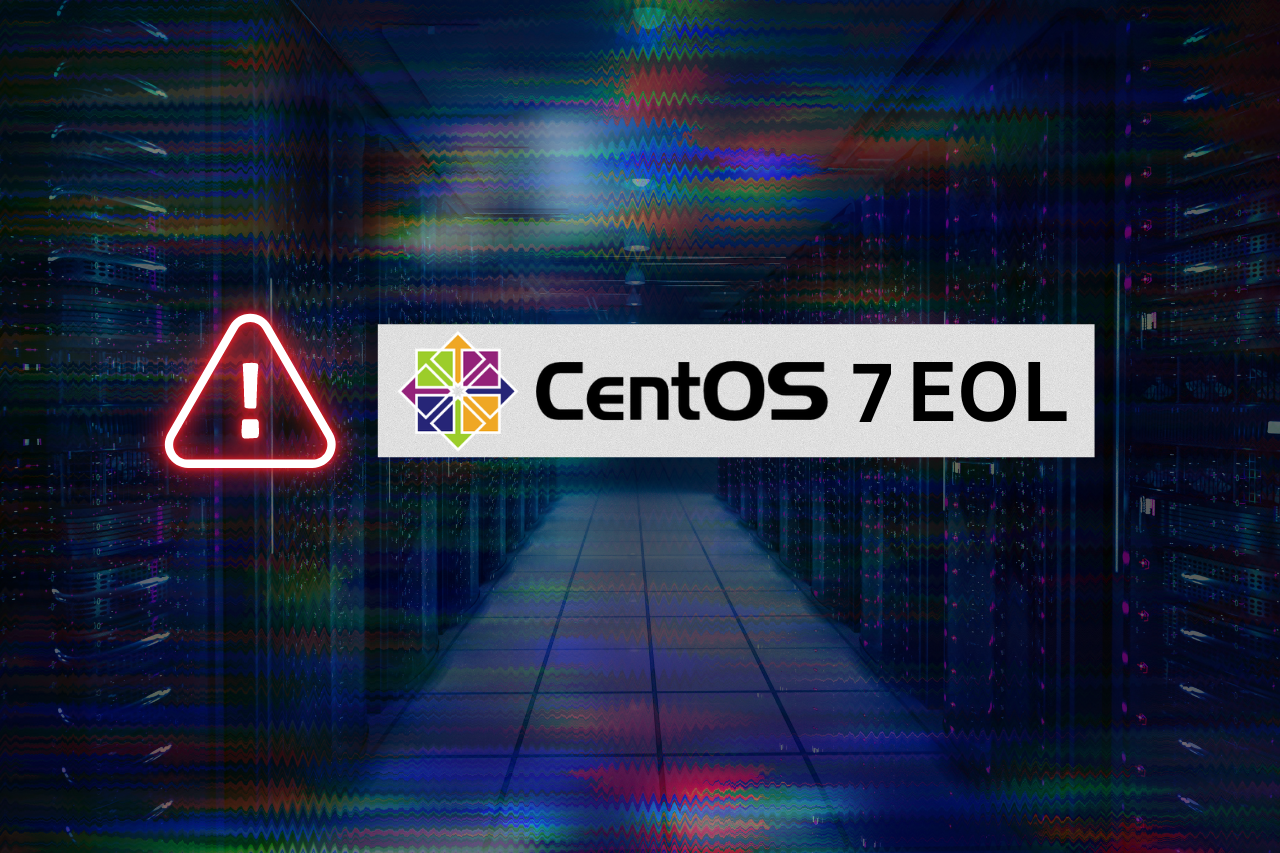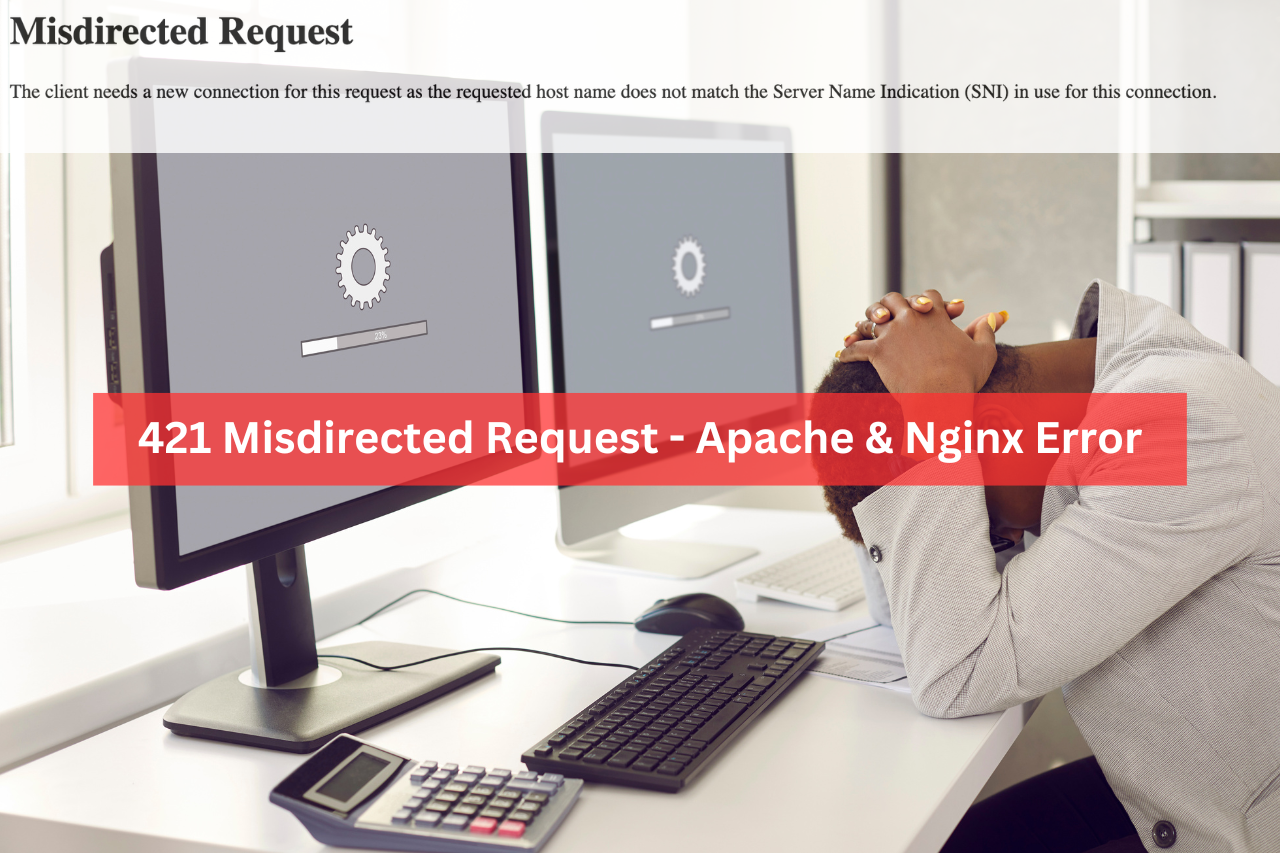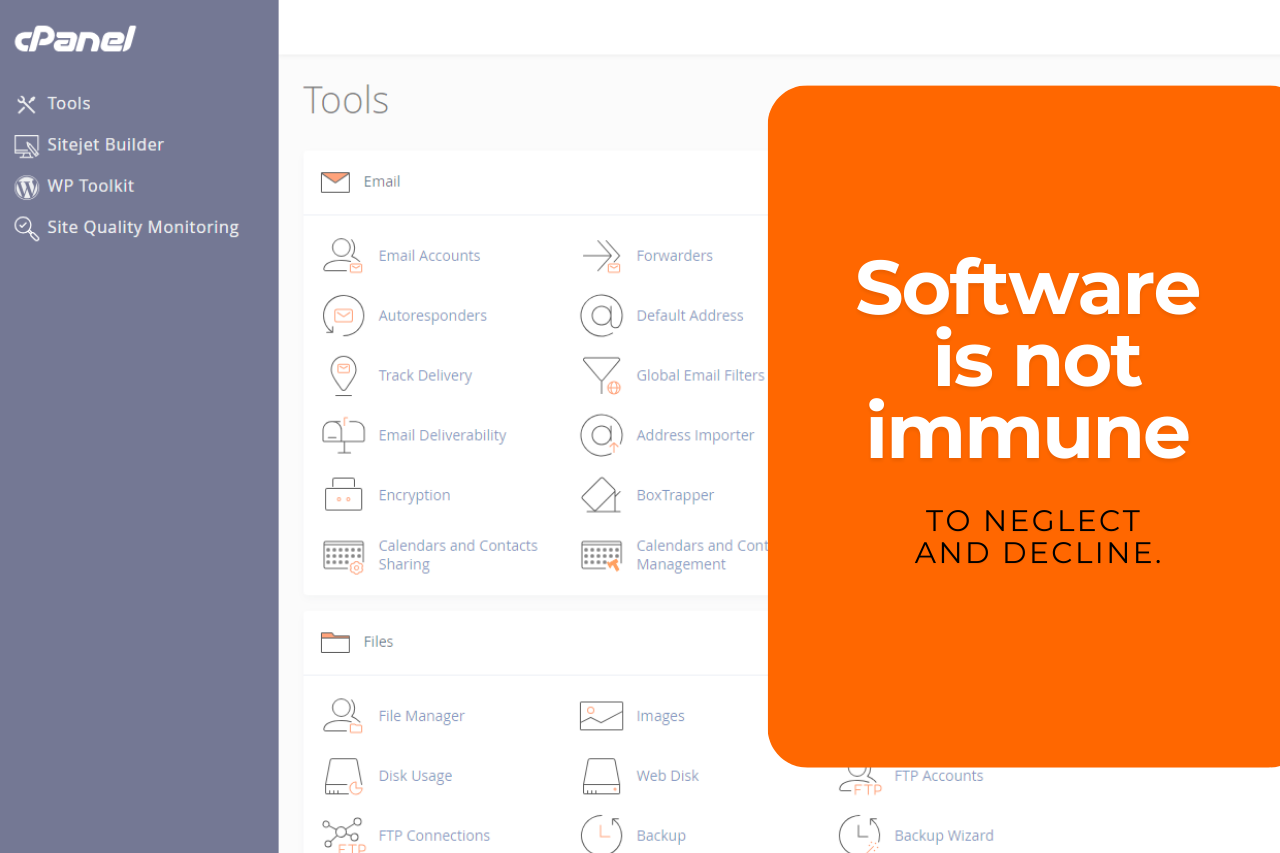CentOS version 7 reached its end-of-life (EOL) on June 30, 2024, yet our support team continues to see many new clients still using this outdated operating system. Don’t let potential security issues impact your business. If you’re still running CentOS 7, read on.
This news is crucial for the operating system community, particularly after the EOL status of CentOS 8 in December 2021. With many hosting companies, businesses, and technical administrators relying on CentOS 7, the need to migrate to a new system is immediate. Despite this inconvenience, it is the best route for a CentOS user. To make your imminent transition easy, we have put together this post to educate you on what this change means and the best alternatives to CentOS from which you can choose. In this article, we will discuss:
What is CentOS?
CentOS, short for Community Enterprise Distributed Operating System, has been a widespread open-source Linux distribution since its launch in 2004, and it has provided its users with a versatile and secure operating system. After CentOS 7 reached EOL on June 30th, 2024, users who have not migrated will stop receiving support, security patches, and updates. As a result, they will become highly susceptible to vulnerabilities. However, before jumping straight into the migration process and the alternatives we recommend, we must understand the urgent need for migration to supported alternatives like AlmaLinux and Ubuntu.
What is End-of-Life (EOL)?
Every product has a life cycle: development, introduction, growth, maturity, and decline. When a product enters its final phase and begins to decline, it is said to have reached its EOL. This indicates that the software will cease to receive updates, bug fixes, security patches, or technical support from its provider. This transition can pose significant challenges for both businesses and individuals. Using unsupported software exposes you to security risks and restricts your ability to leverage new features and advancements.
Implications of CentOS 7 reaching EOL.
This discontinuation of support and security patches for CentOS 7 can give rise to various issues that profoundly impact your business. These implications include:.
Migration to AlmaLinux
The lifespan of CentOS 7 has reached an end, so it is high priority to migrate as soon as possible to an equally functional alternative. We highly recommend AlmaLinux. AlmaLinux is an open-source, community-driven project designed to serve as a drop-in replacement for CentOS. It is very similar to CentOS and amplifies the same Red Hat Linux infrastructures on which CentOS depends. It offers a smooth transition for users who want to migrate from CentOS 7. Not only does AlmaLinux provide great support, but it also boasts a robust community of users where you can get unlimited resources on how to navigate the operating system. Below are some of the critical features of Almalinux:
However, migrating to AlmaLinux is a challenging task that requires experience. If you lack the technical expertise to migrate successfully, complications may arise, potentially jeopardizing your systems. To avoid this, consult our professionals in operating systems migration, and let us assist you as soon as possible.
Migrating to Ubuntu
Ubuntu is another viable option we recommend as an alternative to CentOS. Ubuntu is an equally efficient operating system designed on the Debian system. Similar to CentOS, it has many unique features that can make working seamless and easy for you. Below are some key features you can access when you migrate to Ubuntu:
Initiate Your Migration Process Without Delay
Ubuntu and AlmaLinux are both great alternatives to CentOS 7. Whichever you choose, we guarantee that your server will function as it should. The best time to start your migration is NOW, so don’t delay further. Embarking on an operating system migration, especially under duress and within a limited time, can affect you. The technical process can be tedious, especially when ensuring backups are intact. There are many factors to consider, such as compatibility, software, and hardware requirements. Things can get dicey if you are not cautious. At Clarkes.Team, we specialize in facilitating seamless transitions to Ubuntu and AlmaLinux from CentOS, offering expertise and assistance every step of the way.
Do you have questions about migrating to Ubuntu or AlmaLinux? We are here to answer your inquiries. ASK US.




